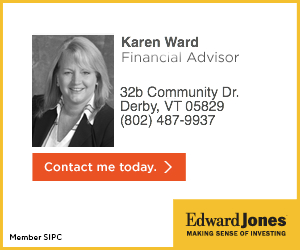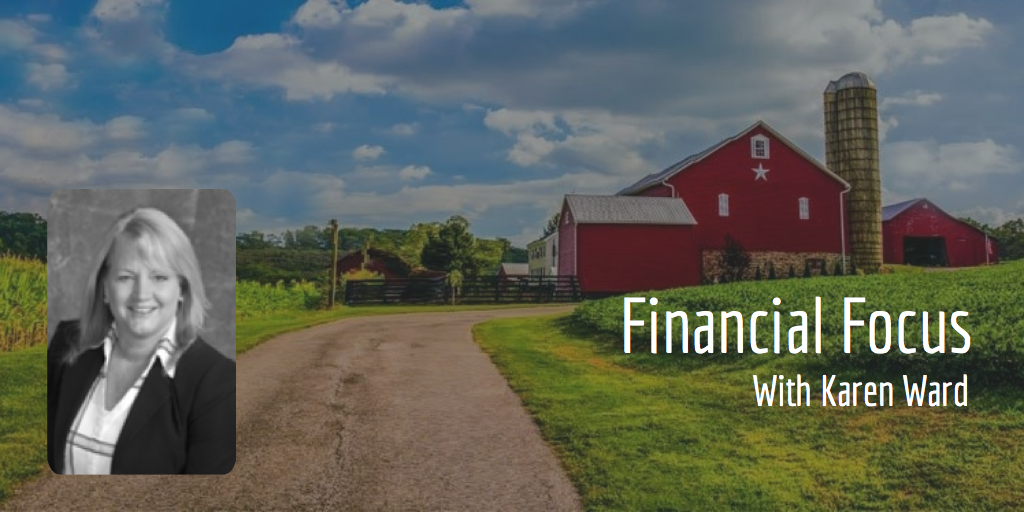When you make investment decisions, you’ve got a lot of factors to evaluate: corporate earnings, economic climate, interest rates, oil prices and so on. In fact, navigating the investment world can seem like a daunting task if you’re going it alone. So make it easier on yourself — and get the help you need.
 Specifically, consider working with a financial professional. When you do, you may become a better investor, and you will almost certainly gain a broader perspective.
Specifically, consider working with a financial professional. When you do, you may become a better investor, and you will almost certainly gain a broader perspective.
For starters, a financial professional can help you quantify your goals. You might know that you want to retire at age 60, buy a vacation home and spend your time pursuing your hobbies — but do you know how much retirement income you’ll need to attain this lifestyle? And do you know what sort of return you’ll require from your investments to provide you with this income?
A qualified financial professional has the tools and experience to help you answer these and other key questions. And if you wanted to explore several different retirement possibilities, your financial advisor could illustrate what you’d need to do, and how you’d need to invest, to work toward your desired outcomes.
At the same time, a financial professional might be able to help you avoid making some potentially costly mistakes. Suppose, for instance, that you get a “tip” on a “hot” stock from a friend, relative or neighbor. On your own, you might be tempted to invest in this stock. But if you work with a qualified financial professional, you would learn that by the time you buy a hot stock, it might already be cooling off. Even more importantly, a financial professional might tell you that the stock in question really isn’t suitable for your individual situation.
Furthermore, once a financial professional is familiar with your needs, risk tolerance and time horizon, he or she can help tailor an investment portfolio for you. And through regular reviews, your financial advisor can help you stay diversified, which can help you weather the market’s ups and downs.
Because it’s their business, financial professionals stay current on changing tax laws and investment rules — and this knowledge can pay off for you. For example, you might not have known that your 401(k) contribution limits went up in 2015 — but your financial professional likely did.
Finding the Right Professional
Clearly, it can be to your advantage to use a financial professional. But how do you find the right one? Here are some questions to ask of candidates:
• What are your credentials? Make sure a prospective financial advisor has the appropriate securities registrations.
• How are you paid? Financial advisors are paid through fees or commissions, or a combination of both. One way isn’t necessarily “better” than another, but it’s important for you to know the system of compensation being used.
• How will you communicate with me? Find out when you’ll receive statements and how often you’ll meet in person to review your portfolio.
• What is your investment philosophy? Different financial advisors have different ways of approaching the investment process. You will need to find someone whose philosophy feels like a good fit for you.
Finding the right financial professional for your needs can take some time — but it’s worth the effort.


